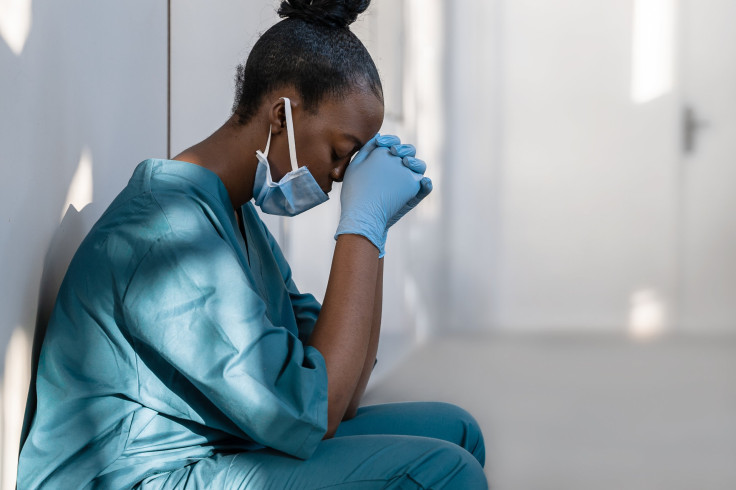Here's How Many People Died Due To COVID-19 In The US

The COVID-19 pandemic brought irreparable damage to many families across the U.S. after the viral disease killed millions of people.
Based on the official tally of the U.S. Centers for Disease Control and Prevention (CDC), a total of 1,127,928 people died due to the novel coronavirus as of last week. Of the figure, around 80,000 deaths were reported in New York.
The COVID Data Tracker, which no longer reports aggregate cases and deaths after the announcement that the pandemic was over, also indicated a total of 6,143,551 hospitalizations since the pandemic started three years ago.
Compared to other states, New York's death rate was 397 per 100,000 people - much lower than the figures reported in the top five states with the most number of deaths. Statista's list revealed that New Mexico was fifth for having 432 deaths per 100,000 people. The top four were West Virginia (444), Mississippi (449), Oklahoma (454) and Arizona, which topped the list with 455 deaths per 100,000 people.
It is worth noting that at the start of the pandemic, New York City was the initial epicenter of the COVID-19 outbreak, which quickly spread to other areas across the country, according to the New York Post.
"Even though the federal public health emergency has ended, I encourage every New Yorker to remain vigilant against COVID-19 and use all available tools to keep themselves, their loved ones and their communities safe and healthy," Gov. Kathy Hochul said in a statement obtained by the outlet.
Meanwhile, a recent analysis suggested that most of the fatalities reported as due to COVID-19 could have been a result of a completely different infection. According to the analysis, pneumonia was responsible for a higher mortality rate than SARS-CoV-2, the virus causing COVID-19.
"Our study highlights the importance of preventing, looking for, and aggressively treating secondary bacterial pneumonia in critically ill patients with severe pneumonia, including those with COVID-19," senior author Benjamin Singer, M.D., a pulmonologist at Northwestern University in Illinois, said in a press release.
"Those who were cured of their secondary pneumonia were likely to live, while those whose pneumonia did not resolve were more likely to die," Singer added.
The findings of Singer and his colleagues were published in the Journal of Clinical Investigation.



























